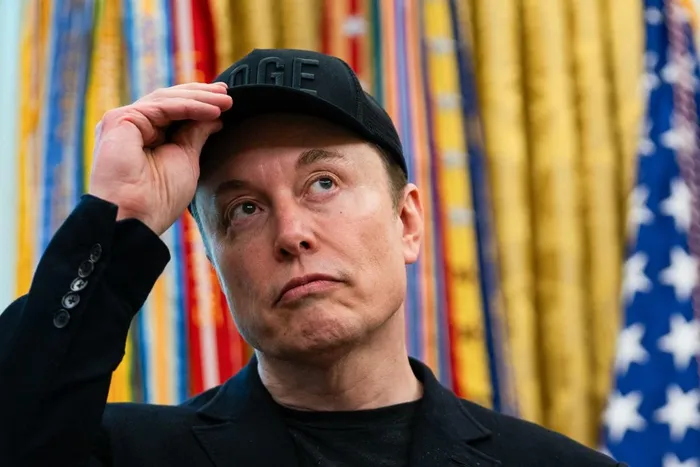
Billionaire Elon Musk.
Image: Allison ROBBERT / AFP
When Elon Musk, whose X (formerly Twitter) account boasts some 226 million followers, publicly urged a mass cancellation of Netflix subscriptions, he didn’t merely launch a cultural salvo — he lit a fuse under Netflix’s stock.
The consequences have already shown up in Netflix’s market value, and the episode offers a fresh case study in how high-profile social media interventions can threaten even the most established brands.
The controversy began when resurfaced online posts by Hamish Steele, creator of the Netflix animated show Dead End: Paranormal Park, drew criticism from conservative observers.
The posts, allegedly mocking conservative activist Charlie Kirk, revived debates about what themes do and don’t belong in children’s programming. Elon Musk weighed in forcefully, writing:
“Cancel Netflix,” and later, “Cancel Netflix for the health of your kids.”
In one exchange, Musk responded “Same” to a user who claimed they had already cancelled their Netflix subscription. That move not only confirmed his own cancellation but also signalled a rallying call to his audience.
Within days of Musk's intervention, Netflix’s stock began to feel the heat. According to Barron’s, shares dropped 2.9% on Thursday, following a 2.3% decline earlier, indicating mounting investor concern.
Investing.com reported a 2.3% dip after Musk’s call, noting that the stock closed lower following his urging of cancellations.
On the following trading session, Netflix shares fell another 2.9%, marking a four-day losing streak.
Livemint estimated that over a three-day span, Netflix's market cap shrank by approximately $17 billion after Elon Musk’s boycott push.
An India Times report estimated a market value loss of $15.1 billion tied to stock declines as the cancellations movement swelled.
To put that in perspective: if Netflix’s market capitalisation had been, say, $560 billion at peak, a $17 billion drop represents about a 3% erosion in value, a meaningful headline-risk event for a large, fast-growing company.
It’s important to note that those are market value losses, not direct revenue decline. In theory, that sum reflects the cost to shareholders, not immediate cash flowing out of Netflix’s coffers (unless those cancellations ultimately translate into lower subscription revenues).
No public data has surfaced yet to confirm how many subscribers Musk’s campaign actually persuaded to leave, nor how much revenue Netflix may lose as a result.
Analysts and media outlets are watching for signals: changes in churn rates, downward subscriber guidance, app-store ranking drops, or weaker engagement on new series.
